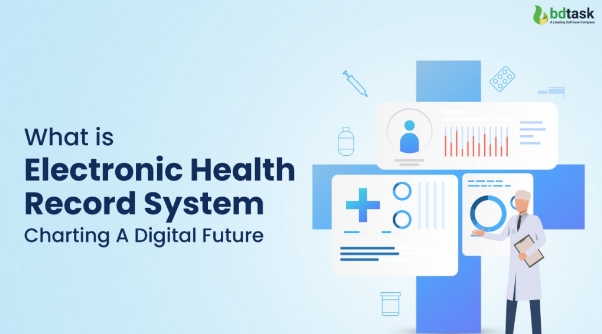Navigating the Benefits and Challenges of Electronic Health Records Management
Electronic Health Records (EHR) have revolutionized the way healthcare providers manage patient information. From improved patient care to increased efficiency, EHR systems offer a host of benefits. However, they also come with their own set of challenges that must be navigated carefully.
Benefits of EHR Management
1. Improved Patient Care: EHRs allow for easy access to patient information, enabling healthcare providers to make more informed decisions about patient care. This can lead to better outcomes for patients.
2. Increased Efficiency: With EHRs, healthcare providers can easily share information with other providers, reducing duplication of tests and treatments. This can save time and resources.
3. Enhanced Communication: EHRs make it easier for healthcare providers to communicate with each other, leading to better coordination of care for patients.
Challenges of EHR Management
1. Privacy and Security Concerns: EHRs contain sensitive patient information, making them a target for hackers. Healthcare providers must take steps to ensure the privacy and security of this information.
2. Implementation Costs: Implementing an EHR system can be costly, both in terms of money and time. Healthcare providers must carefully consider the financial implications of switching to an EHR system.
3. User Resistance: Healthcare providers may be resistant to using EHRs, as they require a change in workflow and can be time-consuming to learn. Overcoming this resistance is key to successful EHR implementation.
Navigating EHR Management
Given the benefits and challenges of EHR management, it is important for healthcare providers to carefully navigate the process. This may involve:
– Training and Education: Providing staff with thorough training on how to use the EHR system can help alleviate resistance and ensure smooth implementation.
– Regular Updates and Maintenance: Healthcare providers must regularly update and maintain their EHR systems to ensure they are secure and functioning properly.
– Compliance with Regulations: Healthcare providers must ensure their EHR systems comply with all applicable regulations, such as HIPAA, to protect patient privacy and security.
In conclusion, while EHR systems offer numerous benefits for healthcare providers, they also come with their own set of challenges. By carefully navigating these challenges and maximizing the benefits, healthcare providers can effectively manage their electronic health records for improved patient care and efficiency.

